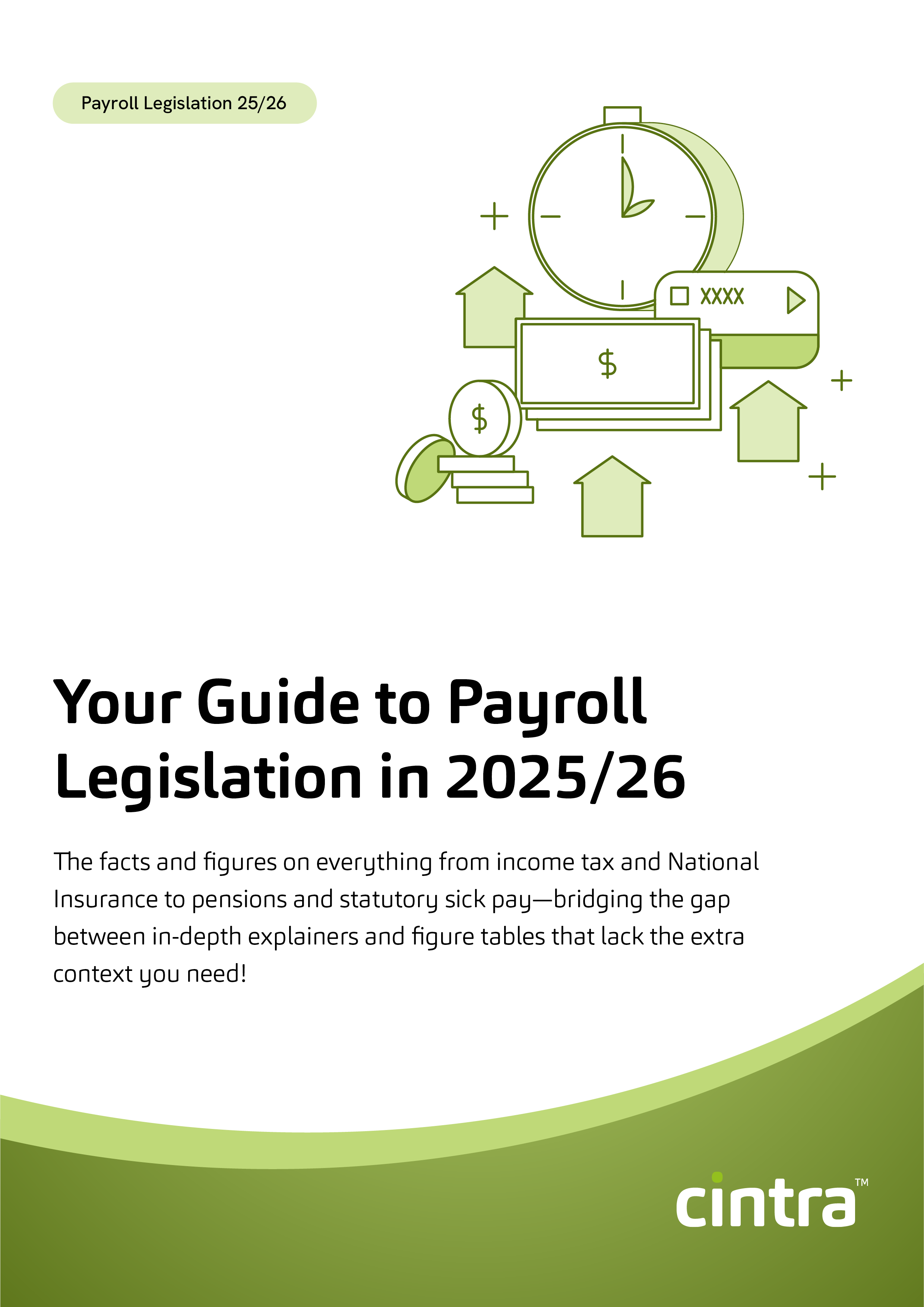It’s perfectly legal to pay your employees in cash at the end of the week, month, or however often you choose to pay them.
However, while it might seem like a straightforward way to handle wages, there are important considerations and legal obligations you need to keep in mind.
Our blog will help you understand what cash in hand pay entails, its benefits and drawbacks, and most importantly answer the age-old question: are cash in hand payments legal in the UK?
What exactly is a cash in hand payment?
Cash in hand pay refers to wages paid directly to an employee in cash rather than through a bank transfer or cheque. This method is often used in industries like hospitality, construction, and domestic work. While it may seem simple, it comes with significant responsibilities such as declaring and paying the right taxes.
What are the benefits of cash in hand payments?
- Convenience: cash payments can be convenient for small businesses and casual workers who may not have immediate access to banking facilities.
- Immediate access: employees receive their wages instantly, which can be beneficial for those needing quick access to funds.
- Simplicity: for very small operations, cash payments can seem like a straightforward way to manage payroll without the need for complex systems.
What are the drawbacks of cash in hand payments?
- Record keeping: keeping accurate records of cash payments can be challenging and time-consuming.
- Legal risks: if not properly documented, cash payments can lead to issues with tax compliance and potential legal consequences.
- Employee security: carrying large amounts of cash can pose a security risk for both you and your employees.
- Lack of traceability: cash payments are not easily tracked like bank transfers, making meticulous record keeping essential.
Are cash in hand payments illegal?
Paying cash in hand is not illegal in itself. However, it becomes illegal if you fail to:
- Deduct the correct amount of tax and National Insurance (NI) contributions.
- Report the payments to HM Revenue and Customs (HMRC).
Failure to comply with these obligations can lead to severe penalties, including fines and prosecution.
Steps to legally pay employees in cash
Paying your employees in cash can be convenient, but it’s essential to follow these steps to ensure you remain on the right side of the law:
1.Get employee consent
- Obtain your employees’ consent to be paid in cash.
- Ensure they understand the difference between gross pay (before deductions) and net pay (take-home pay).
2. Provide detailed payslips
- Issue payslips showing gross pay, all deductions, taxes paid, and the net amount.
- Include your employer’s PAYE reference number on their payslip.
3. Explain tax and statutory entitlements
- Inform your employees about how tax refunds work.
- Explain what pay figure will be taken into consideration when it comes to statutory entitlements.
4. Pay the correct taxes and NI
Pay HMRC the correct PAYE tax and National Insurance contributions for each employee based on their gross pay.
5. Pay employees correctly
Give your employees the exact net amount they’re owed on their payslips, in cash.
6. Comply with minimum wage laws
Ensure the gross pay complies with minimum wage laws when calculating payments.
By following these steps, you can legally and responsibly pay your employees in cash, ensuring compliance with all relevant regulations.
How can your employees legally pay tax and NICs on cash in hand payments?
To pay their own tax and National Insurance contributions, employees must register for a Self Assessment tax return. This process is similar to what self-employed individuals do: they complete an annual return to inform HMRC of their earnings and the taxes owed.
Top considerations when making cash in hand payments
- Transparency: ensure all payments are well-documented to maintain transparency and trust with your employees.
- Compliance: regularly review HMRC guidelines to stay compliant with tax and NI obligations.
- Set clear policies: clearly communicate with your employees about their pay, deductions, and responsibilities regarding tax and NI.
- Security: consider the safety implications of handling and storing large amounts of cash.
- Integration: check whether your payroll provider can manage cash payments or seamlessly integrate with your cash management processes.
While paying employees in cash can offer some convenience, it requires diligent record-keeping and strict adherence to legal obligations.
By understanding and following these guidelines, you can ensure that cash in hand payments are handled correctly and legally, maintaining a fair and compliant business environment.
Streamlined payroll solutions that cater to all working patterns
Whether your team prefers cash or bank transfers, Cintra ensures accurate, on-time, and 100% legal payments, every time. Don’t miss out on simplifying your payroll process. Book your personalised demo today and experience Cintra in action!


